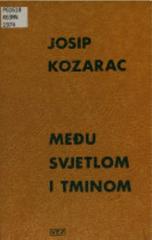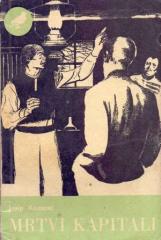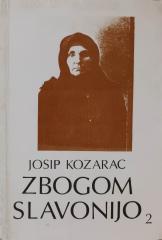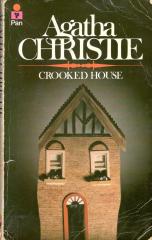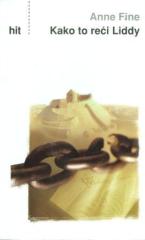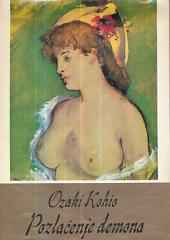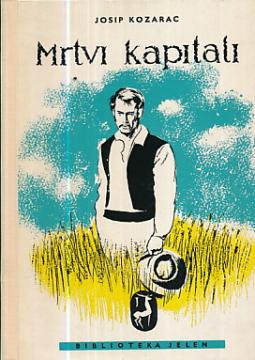
Mrtvi kapitali
„Mrtvi kapitali“ (1890) jedno je od najvažnijih dela hrvatskog realizma i snažna kritika tadašnje društvene stagnacije. Kroz lik inženjera Đure u romanu je prikazana ekonomska i društvena zapuštenost slavonskih sela pod Austrougarskom.
Đuro, školovani povratnik iz inostranstva, dolazi u rodni kraj sa ciljem da osavremeni šumarstvo i poljoprivredu, ali je suočen sa indolentnošću, neznanjem i otporom lokalnog stanovništva. Njegovi pokušaji da podigne svest o eksploataciji prirodnih bogatstava nailaze na prepreke zbog pohlepe bogatih, zapuštenosti sela i nebrige državnih institucija.
Sam naslov romana nam govori kako je Kozarac bio zaokupljen neobrađenom, mrtvom zemljom koja čeka čovjeka, vrijednog seljaka, koji će je obrađivati. On je to nazvao "mrtvim kapitalom". Osnova radnje je sudbina dve sestre i priča o ljubavi. Josip Kozarac je kroz radnju romana želeo da prikaže kontrast između sela i grada. Prema njegovim rečima, selo je opisano kao mesto gde vladaju iskrena osećanja, sreća i neiskvarenost, dok je grad mesto dokolice i dekadencije.
Two copies are available
Copy number 1
- A message of a personal nature
